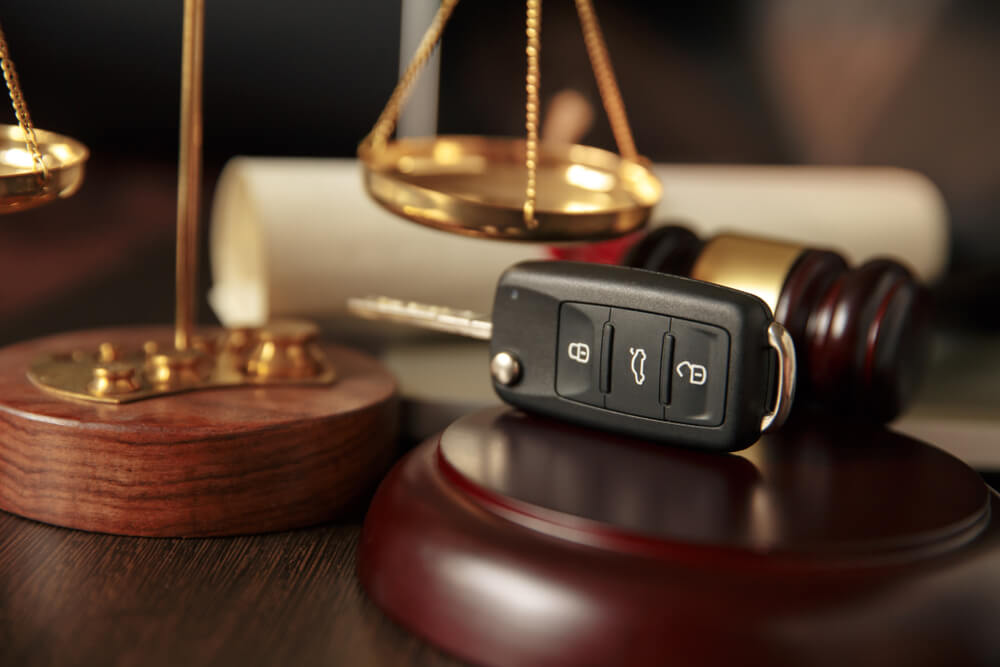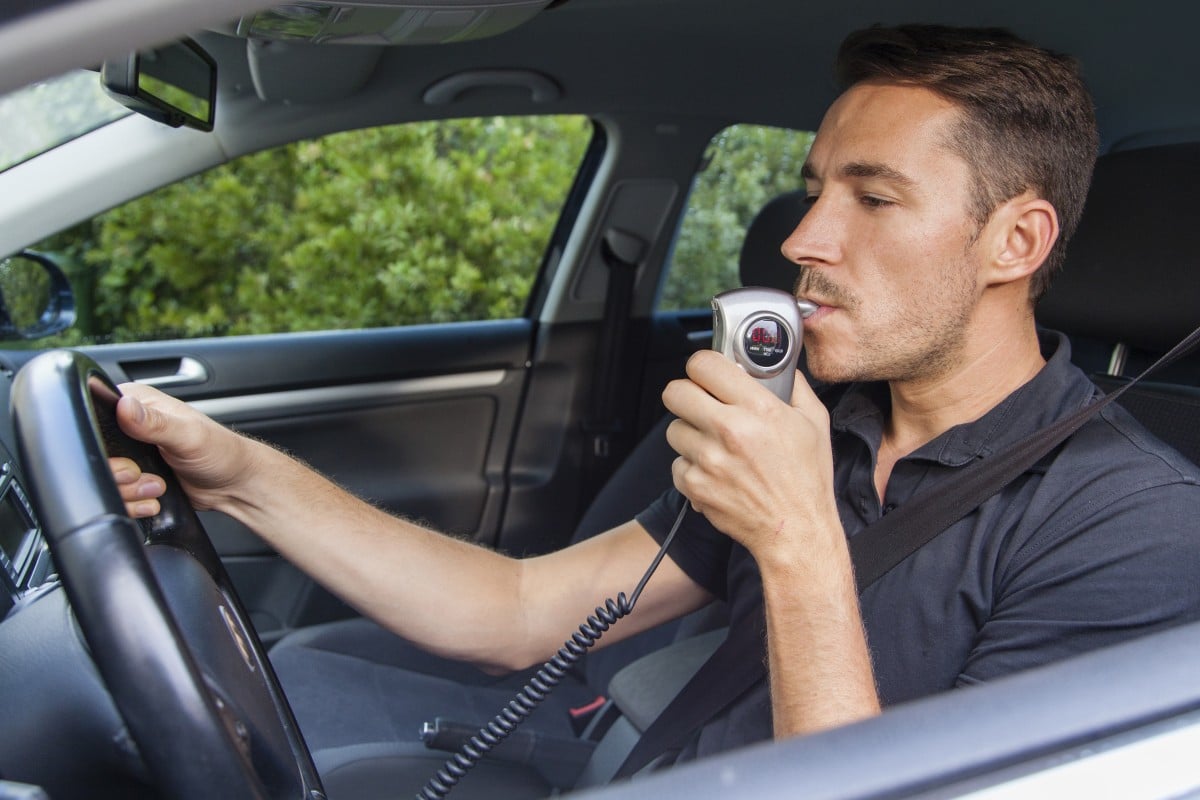A DWI criminal charge isn’t just a traffic issue—it’s a legal battle that can change the trajectory of your life. Many people believe driving while intoxicated is a minor mistake that ends with a fine or slap on the wrist, but the reality is far more serious. A DWI (Driving While Intoxicated) is a criminal offense, and depending on the circumstances, it could mean jail time, a permanent record, and massive consequences for your career and personal life.
In this beginner’s guide to understanding DWI criminal charge offenses, we’ll strip away the legal jargon and give you the full picture—from the moment you’re pulled over to what happens in court. Along the way, we’ll share real-life stories, explain your rights, and break down the laws in plain English.

What Makes a DWI a Criminal Charge?
First things first: why is a DWI a criminal charge at all?
Unlike a speeding ticket or expired registration, which are generally civil infractions, a DWI involves operating a motor vehicle under the influence of alcohol or drugs. Because of the risk it poses to public safety, every state classifies DWI as a criminal offense. That means it goes on your record, can result in arrest, and may even involve jail time.
In legal terms, a DWI criminal charge usually falls under either a misdemeanor or felony classification—depending on yourBAC (blood alcohol content), prior offenses, and whether there was an accident or injury involved.
Real-Life Example: A Night That Changed Everything
Consider Josh, a 26-year-old engineer from El Paso. He went out for drinks with coworkers after a big project wrap-up and assumed he was “good to drive.” He got pulled over for swerving slightly and blew a 0.10 on the breathalyzer—just over the legal limit of 0.08.
Josh was arrested, charged with a DWI criminal charge, and spent the night in jail. He thought it would end there. But soon, he faced a suspended license, court hearings, probation, and thousands in fines. Even worse? His employer found out, and it nearly cost him his job.
This is the sobering truth about DWI criminal charge offenses—they don’t just affect your driving; they affect your entire life.
The Legal Definition of a DWI Criminal Charge
Each state has its own way of defining and prosecuting DWI, but the core concept is the same. If you’re caught operating a vehicle with a BAC of 0.08% or higher—or while visibly impaired—you can be charged with a DWI.
Key Elements Prosecutors Must Prove
To convict someone of a DWI criminal charge, prosecutors typically need to establish:
- The person was operating a motor vehicle
- The person was intoxicated while doing so
- The intoxication was due to alcohol, drugs, or a combination
- The driver’s condition impaired their ability to operate the vehicle safely
In many states, simply having a high BAC is enough—regardless of whether you were driving perfectly or caused an accident.
Misdemeanor vs. Felony: When a DWI Becomes More Serious
Not all DWI criminal charges are treated equally. Your first offense is typically a misdemeanor. But add aggravating factors—like a minor in the vehicle, a high BAC, or injuries—and you’re looking at felony territory.
Misdemeanor DWI Penalties Often Include:
- Fines between $500 and $2,000
- Jail time from 24 hours to 6 months
- License suspension for up to a year
- Mandatory alcohol education classes
- Probation for up to two years
Felony DWI Charges Can Include:
- Fines up to $10,000
- Prison sentences ranging from 2 to 10 years
- Multi-year license revocations
- Permanent criminal record
- Mandatory ignition interlock devices

A felony DWI criminal charge carries consequences far beyond court. It can strip you of voting rights, restrict your ability to own a firearm, and haunt you during job applications or housing approvals.
How Law Enforcement Builds a DWI Criminal Charge Case
The process usually begins with a traffic stop or a sobriety checkpoint. The officer may observe your driving behavior, smell alcohol, or notice slurred speech or red eyes. From there, field sobriety tests and a breathalyzer are often administered.
Field Sobriety Tests Might Include:
- Walking in a straight line
- Standing on one leg
- Following a pen or flashlight with your eyes
These tests are designed to gauge balance, coordination, and focus—all of which can be impaired by alcohol or drugs.
Breathalyzer and Blood Tests
If the breath test confirms your BAC is above the legal limit, or if you refuse to take it altogether (which has its own penalties under implied consent laws), officers can arrest you on the spot. A blood test might also be requested, especially if drugs are suspected.
All of these results are used as evidence in building a case for a DWI criminal charge.

Your Rights When Facing a DWI Criminal Charge
It’s important to remember that even when charged with a DWI, you still have rights.
- You have the right to remain silent. Don’t answer questions beyond basic ID.
- You have the right to refuse field sobriety tests in many states (though refusing a chemical test often has automatic penalties).
- You have the right to an attorney. And you should absolutely use it.
Exercising these rights won’t guarantee the charge disappears, but it will prevent you from giving prosecutors unnecessary ammunition.
Legal Defenses to a DWI Criminal Charge
A DWI criminal charge might seem ironclad—but there are several ways to challenge it.
Procedural Defenses
- Was the stop legal?
- Did the officer have probable cause?
- Were your rights properly explained?
If not, the case could be thrown out before it even gets to trial.
Breathalyzer and Blood Test Defenses
- Was the equipment calibrated?
- Was it administered properly?
- Was the chain of custody for the blood sample maintained?
Inaccuracies or procedural errors can result in test results being excluded from evidence.
Medical and Health Defenses
Certain medical conditions (like GERD or diabetes) can skew breathalyzer results. Your attorney might also argue that poor coordination wasn’t due to intoxication but due to fatigue or disability.
The point is: a DWI criminal charge is serious, but it is not unbeatable.
Consequences Beyond the Courtroom
Even if you avoid jail, a DWI criminal charge can follow you in ways you never expected.
- Employment: Some companies terminate employees with criminal records, especially in industries like transportation or healthcare.
- Insurance: Your premiums could double or triple. Some providers may cancel your policy altogether.
- Professional Licenses: Nurses, teachers, lawyers, and CDL holders may face board reviews or license suspension.
- Child Custody: A DWI can be used against you in family court, particularly if a child was present during the arrest.
It’s not just about the punishment—it’s about the ongoing stigma of a DWI criminal charge.
Real Case: When Legal Help Changed Everything
Let’s revisit Josh—the engineer from earlier. After hiring a seasoned DWI attorney, they discovered that the arresting officer had failed to properly calibrate the breathalyzer machine. A forensic expert testified that Josh’s BAC may have been under the legal limit at the time of driving due to rising BAC levels post-drinking.
Result? The DWI criminal charge was reduced to reckless driving, sparing him a criminal record and saving his career.
This is the power of a strong legal defense. It doesn’t erase what happened—but it can rewrite the outcome.
Can a DWI Criminal Charge Be Expunged?
In some states, you can eventually expunge or seal your DWI record, especially if it was a first-time offense and you completed all court requirements. But in others—like Texas—a DWI conviction stays on your record permanently unless it’s reduced or dismissed. This kind of lifelong record can affect everything from background checks to housing and employment opportunities.
That’s why fighting the charge from the outset is so important. Once a conviction is entered, your legal options become significantly narrower, and the long-term consequences harder to escape.
Your First Move After a DWI Arrest
If you’re facing a DWI criminal charge, the first thing you should do—before anything else—is contact a qualified DWI defense attorney. Time is critical. Evidence can disappear. Witnesses forget. Court deadlines sneak up on you. Acting quickly gives your legal team the best chance to preserve favorable evidence and protect your rights.
A good lawyer can request an administrative license hearing, review your arrest records, and identify flaws in the case before charges solidify. They can also negotiate with prosecutors early on to explore diversion programs or reduced charges if eligible.

Conclusion: Don’t Let a DWI Criminal Charge Define You
No one plans on being charged with a DWI. But once it happens, how you respond matters more than anything else. This isn’t just a traffic citation. A DWI criminal charge can affect your job, your freedom, and your reputation. Understanding what’s at stake allows you to make informed, strategic decisions rather than reacting from fear.
But with the right knowledge, support, and legal help, you can take control of your future. Learn from those who’ve been there. Fight smart. And don’t let one mistake define your life story. Your next steps will shape not just your legal outcome, but your confidence in reclaiming stability and peace of mind.


